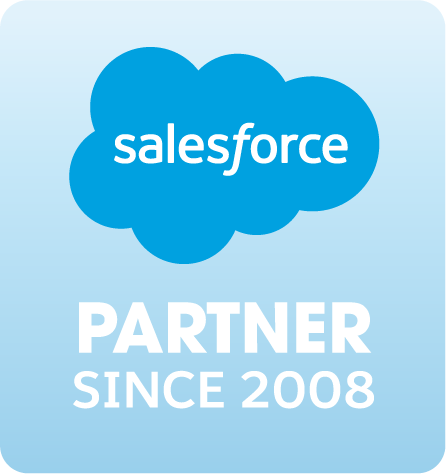Salesforce Advanced Routing is a feature within the Salesforce Service Cloud that helps organizations efficiently route cases, leads, and other work items to the most appropriate agents or teams. This ensures that customer inquiries and issues are handled by the right person at the right time, improving response times, customer satisfaction, and overall operational efficiency.
Key Features of Salesforce Advanced Routing:
- Omni-Channel Routing:
- Omni-Channel Routing allows businesses to manage and route work items from multiple channels (email, chat, phone, social media, etc.) through a single interface. This ensures a consistent and seamless customer experience across all touchpoints.
- Skill-Based Routing:
- Advanced Routing uses skill-based criteria to match work items with agents who have the appropriate skills and expertise. This ensures that complex issues are handled by the most qualified agents, improving resolution times and customer satisfaction.
- Priority-Based Routing:
- Work items can be routed based on their priority level. High-priority cases or leads can be directed to senior agents or specialized teams, ensuring that critical issues are addressed promptly.
- Load Balancing:
- Advanced Routing includes load balancing features that distribute work items evenly among available agents. This prevents any single agent from being overwhelmed and ensures a fair distribution of workload.
- Customizable Routing Rules:
- Organizations can create custom routing rules based on specific business needs and criteria. This flexibility allows businesses to tailor the routing process to their unique requirements.
- Real-Time Routing:
- Real-time routing ensures that work items are assigned to agents as soon as they become available. This minimizes wait times and ensures that customers receive prompt attention.
- Queue Management:
- Work items can be assigned to queues, which are then managed and routed according to predefined rules. This helps in organizing and prioritizing work items effectively.
- Integration with Salesforce Einstein:
- Salesforce Einstein, the AI component of Salesforce, can be integrated with Advanced Routing to provide predictive insights and recommendations. For example, Einstein can predict the best agent to handle a specific case based on historical data and agent performance.
- Reporting and Analytics:
- Advanced Routing provides robust reporting and analytics capabilities to monitor and optimize the routing process. Metrics such as average handling time, agent performance, and customer satisfaction can be tracked and analyzed.
Benefits of Salesforce Advanced Routing:
- Improved Customer Experience: By ensuring that customers are connected with the right agents quickly, Advanced Routing enhances the overall customer experience.
- Increased Agent Efficiency: Skill-based and priority-based routing ensures that agents are working on the most appropriate tasks, improving their efficiency and job satisfaction.
- Reduced Wait Times: Real-time routing and load balancing help minimize customer wait times, leading to faster resolution of issues.
- Scalability: Advanced Routing can scale to accommodate businesses of different sizes and complexities, making it suitable for both small teams and large enterprises.
- Data-Driven Decisions: With access to comprehensive analytics, businesses can make informed decisions to continuously improve their routing strategies.
Use Cases:
- Customer Support: Advanced Routing is ideal for customer support teams that handle a high volume of cases across multiple channels. It ensures that cases are routed to the most qualified agents, improving resolution times and customer satisfaction.
- Sales Teams: Sales teams can use Advanced Routing to ensure that leads are assigned to the most appropriate sales representatives based on criteria such as geographic location, product expertise, or lead score.
- Field Service: For organizations with field service teams, Advanced Routing can help assign service requests to the nearest or most qualified field technicians, optimizing travel time and resource allocation.
Implementation Considerations:
- Define Routing Rules: Clearly define the criteria and rules for routing work items, such as skills, priority levels, and business hours.
- Agent Training: Ensure that agents are trained on the new routing system and understand how to use it effectively.
- Monitor and Optimize: Continuously monitor the performance of the routing system and make adjustments as needed to optimize efficiency and customer satisfaction.
In summary, Salesforce Advanced Routing is a powerful tool that helps organizations efficiently manage and route work items to the most appropriate agents or teams. By leveraging features like omni-channel routing, skill-based routing, and real-time routing, businesses can improve customer experience, increase agent efficiency, and optimize their overall operations.














